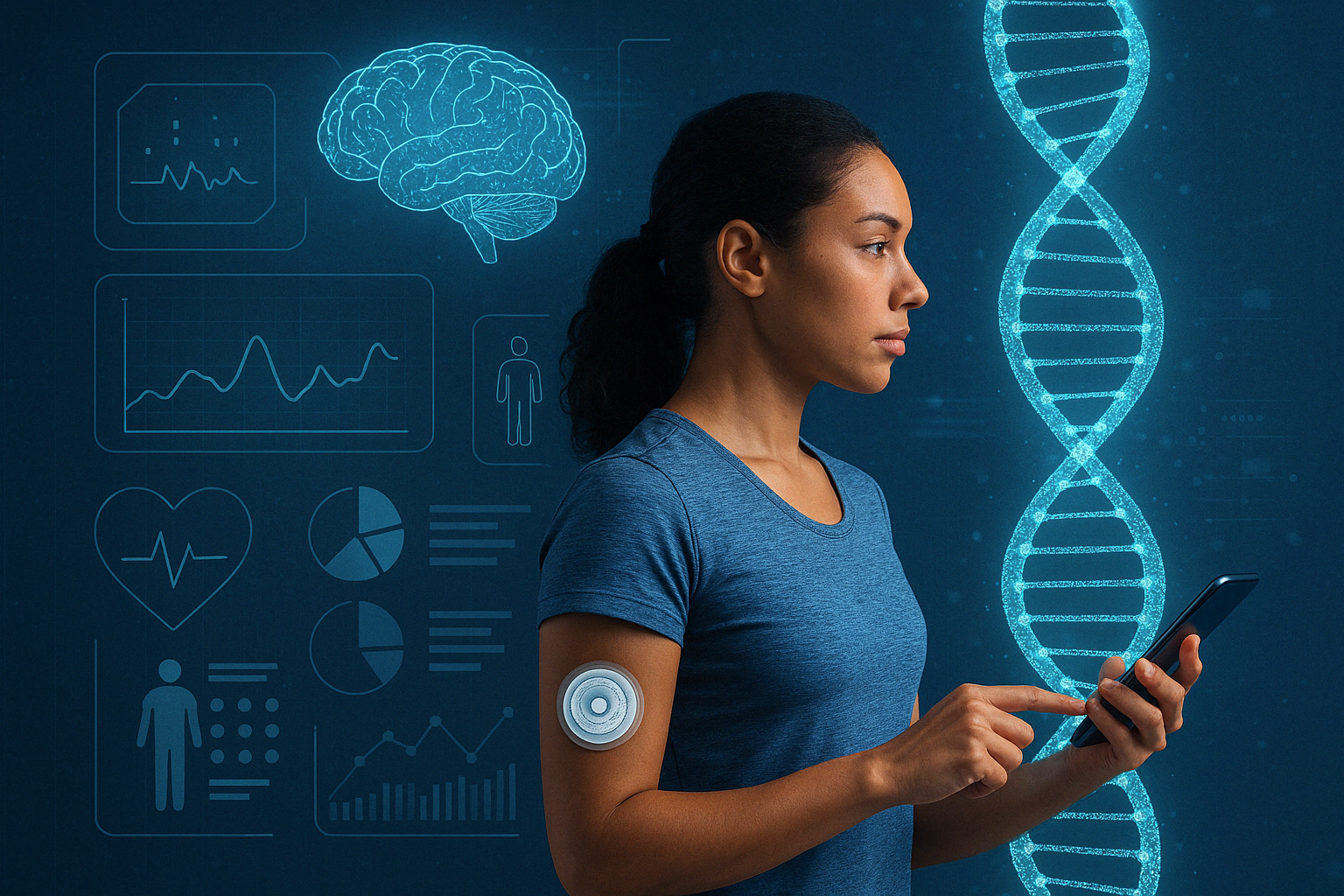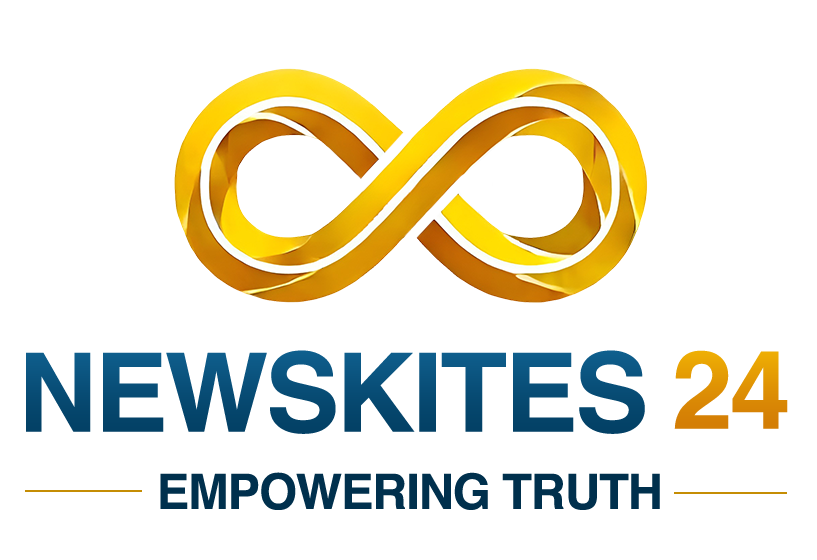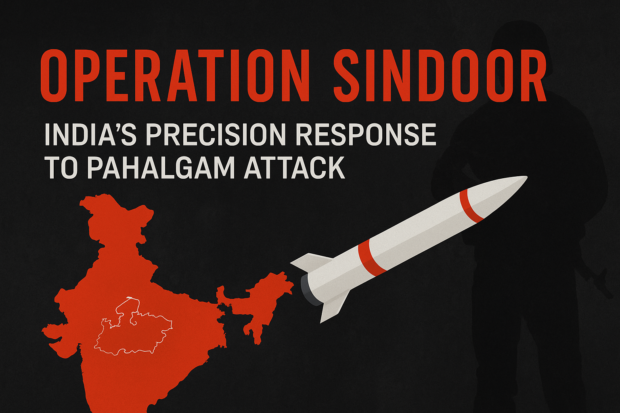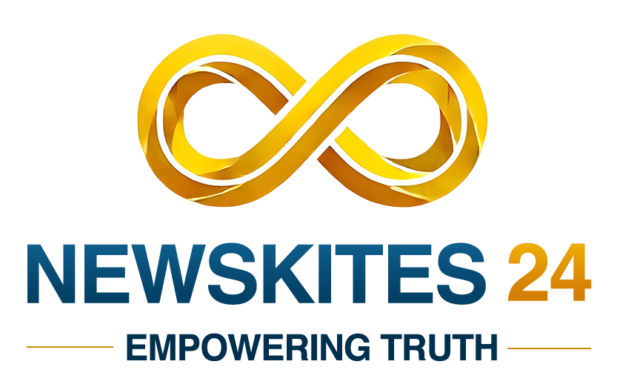
In a world increasingly driven by technology and data, the concept of biohacking has evolved from a niche lifestyle choice into a mainstream movement. In 2025, biohacking is reshaping the way we approach health, fitness, and longevity, putting the power of personalized wellness into the hands of individuals like never before.
What is Biohacking?
At its core, biohacking refers to the practice of optimizing your body and mind through science, technology, and self-experimentation. It involves everything from dietary changes and sleep tracking to genetic testing and wearable tech. The goal? To take control of your biology and unlock your body’s full potential.
In 2025, biohacking is no longer limited to Silicon Valley techies. It’s being embraced by health enthusiasts, athletes, entrepreneurs, and even senior citizens who want to live longer, healthier, and more energetic lives.
The Rise of Personalized Health
One of the most revolutionary shifts in biohacking is the move toward hyper-personalized health solutions. Thanks to advancements in AI, genomics, and real-time data analytics, we now have access to tools that offer health recommendations tailored to an individual’s unique biology.
Key Trends in 2025:
- DNA-Based Diet and Fitness Plans:
Genetic testing kits can now decode how your body responds to carbs, fats, exercise types, and even caffeine. Personalized nutrition and fitness plans are built around your unique DNA. - Wearable Health Tech 2.0:
The new generation of wearables does more than count steps. Devices like smart rings, skin patches, and bio-sensors monitor blood glucose, hydration levels, cortisol (stress), sleep cycles, and oxygen levels in real time — giving users instant feedback and actionable insights. - Continuous Blood Testing:
Once limited to labs, blood testing is now wearable. Imagine having a small device on your arm that constantly checks your nutrient levels, hormones, and more — alerting you before you get sick. - Nootropics and Smart Supplements:
Cognitive enhancement is a major trend in 2025. Personalized nootropic stacks, designed to boost focus, memory, and mood, are formulated based on genetic markers, brain chemistry, and lifestyle habits.
Mental Health Meets Biohacking
Mental wellness is at the forefront of biohacking in 2025. With rising awareness around stress, anxiety, and burnout, individuals are turning to tech-driven methods to support their emotional well-being.
- Brainwave Monitoring Headbands: Devices that track brain activity and suggest mindfulness exercises or breathing patterns.
- Mood-tracking Apps: Powered by AI, these apps detect emotional patterns and recommend changes in sleep, diet, or routine.
- VR Therapy: Virtual Reality is being used for guided meditation, exposure therapy, and stress reduction in highly personalized formats.
Longevity and Anti-Aging Hacks
One of the most exciting aspects of biohacking is its potential to extend healthy lifespan. In 2025, people aren’t just living longer — they’re living better.
- Senolytics: These are drugs and natural compounds designed to remove “zombie cells” that cause aging and inflammation.
- Peptide Therapy: Used for everything from muscle repair to collagen production, peptides are being integrated into anti-aging regimens.
- Cold and Heat Exposure: Cryotherapy and infrared saunas are widely used for their benefits in reducing inflammation, improving circulation, and boosting cellular health.
The Role of AI and Data
Artificial Intelligence plays a major role in making biohacking scalable and accurate. AI-powered platforms are analyzing vast amounts of health data — from your sleep patterns to your microbiome — and offering real-time, personalized recommendations.
Some platforms even serve as your digital health coach, integrating data from multiple wearables and giving a holistic view of your physical and mental health.
Challenges and Ethical Considerations
As exciting as biohacking is, it comes with challenges:
- Privacy and Data Security: With so much personal health data being collected, there are rising concerns about who owns that data and how it’s used.
- Overhacking: Some enthusiasts risk going too far — taking untested supplements, self-experimenting without guidance, or becoming overly reliant on tech.
- Accessibility: While prices are dropping, the best tools and tests are still expensive and not yet accessible to all.
Conclusion: The Future is Personalized
In 2025, biohacking is not a trend — it’s a lifestyle. It empowers individuals to take control of their health in ways that were unimaginable a decade ago. From personalized nutrition to mental health optimization and longevity strategies, the future of wellness lies in data-driven, highly individualized approaches.
As we move forward, the key will be balancing innovation with responsibility, ensuring that the benefits of biohacking are safe, ethical, and accessible to everyone. One thing is clear — the era of one-size-fits-all health is over, and the age of personalized bio-optimization is here.
Read More: Mental Health Matters: Spring Campaigns You Need to Know About
















Be the first to leave a comment